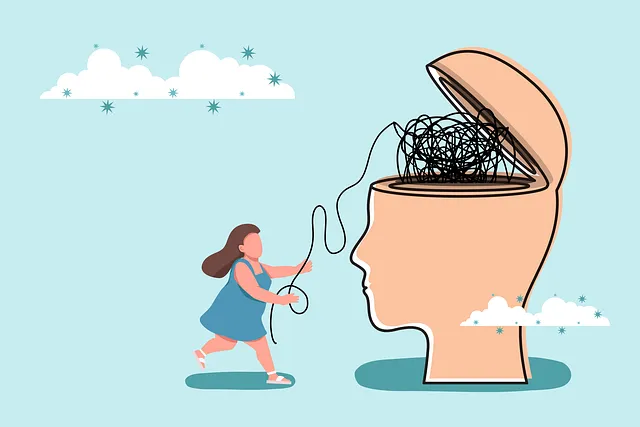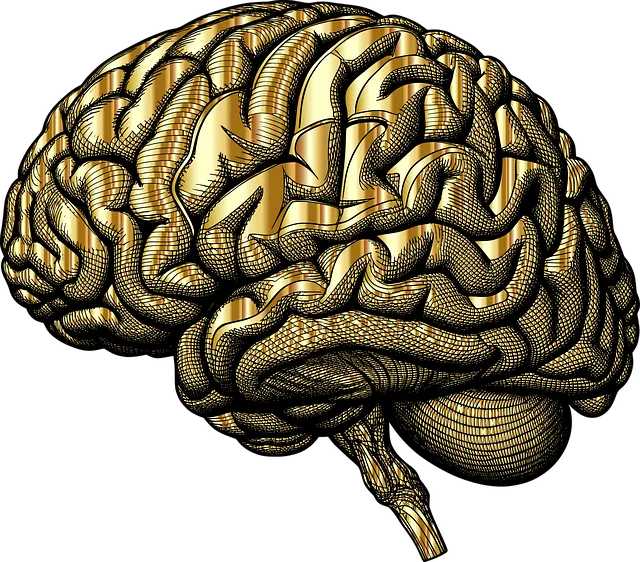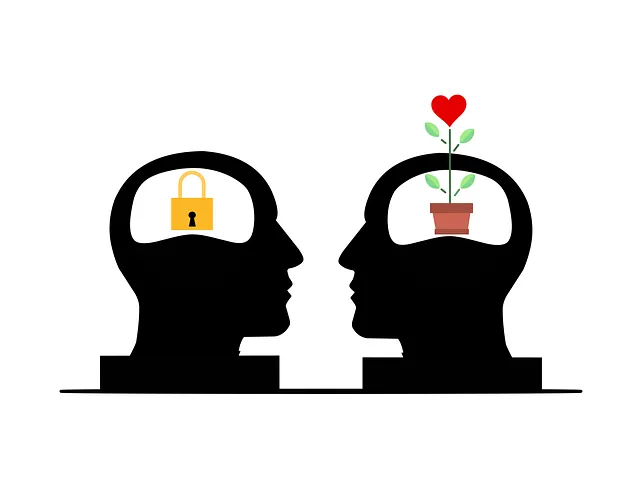Kaiser, a top mental health service provider in Westminster, offers holistic and culturally sensitive care. They tailor individual therapy, group support, and coaching programs to diverse communities' unique needs, removing systemic barriers through policy analysis and advocacy. Key to their approach is enhancing cultural sensitivity among providers by addressing training gaps, language differences, and employing tailored strategies to foster emotional healing, ensuring trust and improved outcomes for all patients.
“Cultural sensitivity in mental healthcare is an essential aspect of providing equitable treatment, especially in diverse communities. This article explores the concept of cultural sensitivity and its impact on therapeutic practices, focusing on Kaiser’s innovative approach in Westminster. We delve into the barriers faced in culturally sensitive mental health care and present strategies to enhance therapists’ cultural competence. By understanding the unique needs of different cultures, healthcare providers can improve patient outcomes and create inclusive environments, ensuring that services like those offered by Kaiser in Westminster are accessible and effective for all.”
- Understanding Cultural Sensitivity in Mental Healthcare
- Kaiser's Approach to Mental Health Services in Westminster
- Barriers and Challenges in Culturally Sensitive Practice
- Strategies for Enhancing Cultural Competence in Therapy
Understanding Cultural Sensitivity in Mental Healthcare

Cultural sensitivity in mental healthcare refers to the ability of healthcare providers to understand, appreciate, and respect the diverse cultural backgrounds and beliefs of their patients. This involves recognizing that mental health issues and their expressions can vary significantly across different cultures, and that effective treatment requires tailoring approaches to meet individual needs. At Kaiser, for example, does Kaiser offer mental health services in Westminster? This question highlights the importance of culturally sensitive care, ensuring that residents in diverse communities like Westminster receive appropriate support.
Integrating cultural sensitivity into mental healthcare practice involves several strategies. Healthcare providers can begin by educating themselves about different cultures and their unique perspectives on mental wellness, which includes understanding traditional healing practices, family dynamics, and community norms. Additionally, actively listening to patients’ stories and incorporating their preferred language or interpretation services can foster trust and improve communication. By promoting inner strength development and mood management through stress reduction methods tailored to cultural preferences, mental health professionals can offer more holistic care that respects and empowers individuals from all backgrounds.
Kaiser's Approach to Mental Health Services in Westminster

Kaiser is renowned for its comprehensive approach to healthcare, including mental health services in Westminster. The organization prioritizes patient-centered care that respects cultural diversity and promotes mental wellness. Kaiser’s model integrates various services such as individual therapy, group support sessions, and Mental Wellness Coaching Programs Development tailored to meet the unique needs of different communities. This holistic strategy ensures that individuals from diverse backgrounds can access culturally sensitive mental health care.
In addition to direct service provision, Kaiser engages in Mental Health Policy Analysis and Advocacy, working collaboratively with local communities to address systemic barriers hindering mental wellness. By fostering Inner Strength Development through these initiatives, Kaiser aims to create a supportive environment where everyone has the opportunity to thrive. Their commitment to these programs makes Kaiser a leading provider of mental health services in Westminster.
Barriers and Challenges in Culturally Sensitive Practice

Cultural sensitivity in mental healthcare is a complex endeavor, fraught with barriers that can significantly impact patient outcomes. One of the primary challenges is the lack of cultural competence among healthcare providers, often stemming from inadequate training and exposure to diverse cultural backgrounds. This gap can lead to misunderstandings and miscommunications, hindering the establishment of trust between patient and caregiver.
Additionally, language and communication differences pose substantial obstacles in providing culturally sensitive care. The ability to communicate effectively, especially when employing sensitive communication strategies, is pivotal for understanding nuanced cultural perspectives on mental health. Kaiser, for instance, offers mental health services in Westminster, recognizing these challenges and striving to overcome them through initiatives aimed at enhancing cultural sensitivity. Incorporating mind over matter principles tailored to diverse cultural contexts can facilitate deeper connections and more meaningful emotional healing processes.
Strategies for Enhancing Cultural Competence in Therapy

Therapists play a vital role in fostering emotional healing processes within diverse cultural contexts. To enhance cultural competence, professionals should engage in continuous learning about various cultural practices, beliefs, and values. This knowledge enables them to create inclusive therapeutic environments that respect and honor clients’ identities. One effective strategy is incorporating empathy building strategies into therapy sessions, allowing practitioners to understand and connect with clients’ experiences on a deeper level.
Additionally, mental health organizations like Kaiser can support therapists by offering resources for mental health policy analysis and advocacy. By staying informed about cultural sensitivity guidelines and best practices, professionals can ensure their services align with the needs of diverse communities. For instance, the availability of culturally competent care in locations like Westminster, where Kaiser offers mental health services, showcases a commitment to addressing the unique challenges faced by various cultural groups.
Cultural sensitivity is an essential aspect of providing effective mental healthcare, ensuring that services meet the unique needs of diverse communities. As highlighted by Kaiser’s approach in Westminster, understanding and respecting cultural differences can significantly improve patient outcomes. By addressing barriers such as language constraints and biases, mental health professionals can create inclusive environments. Implementing strategies like cultural competence training and adaptable treatment approaches enables therapists to offer enhanced care. Thus, embracing cultural sensitivity not only benefits individual patients but also contributes to the overall diversity and accessibility of mental healthcare services, including those provided by Kaiser in Westminster.






